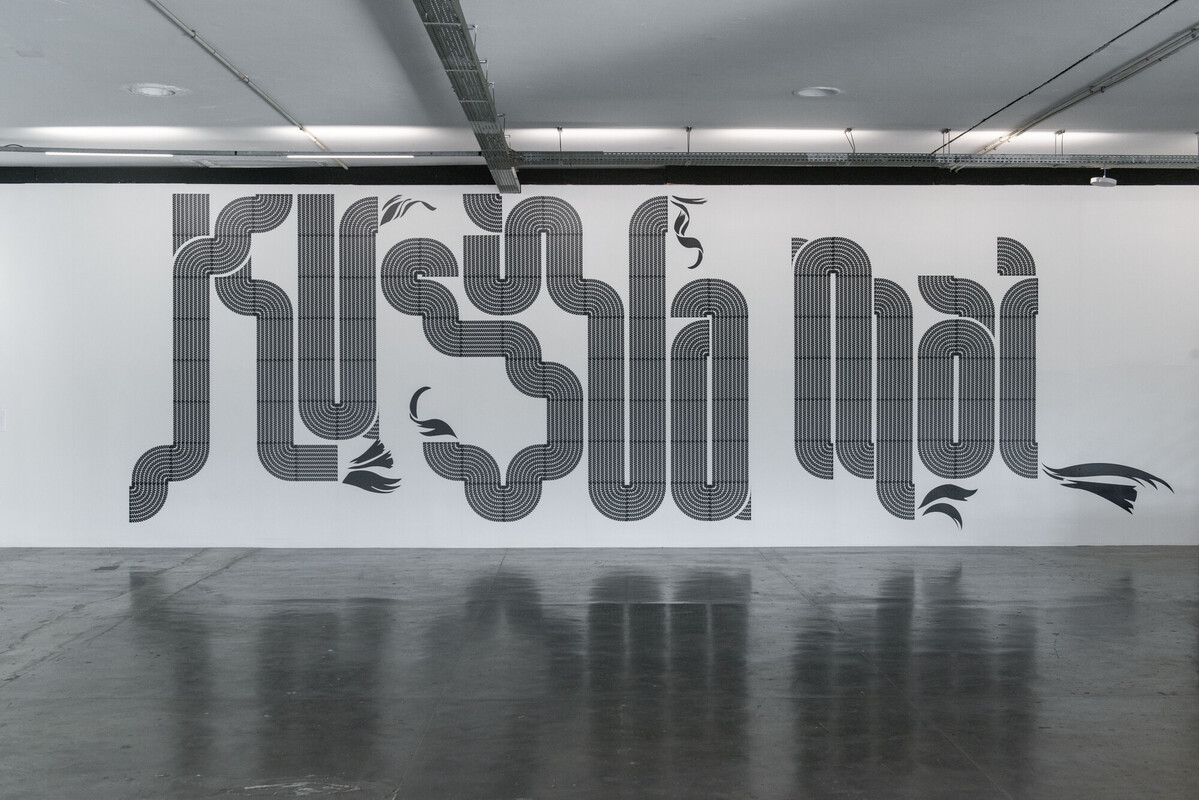
Nontsikelelo Mutiti
Throughout the Black diaspora we can marvel at the capacity of African peoples to affirm the strength of their traditions, their imagination, and their creative capacity. It is so striking, as well as intense and plastic, that African production has spread through various territories, resulting in a new and ancestral culture. In the diaspora, the beauty of permanences and rereadings gave birth to an Afro-American culture, attracting new symbols and meanings, especially aesthetic and political ones, the fruit of daily elements and experiences that constantly acquire new meanings.
The artistic production of Nontsikelo Mutiti, born in Zimbabwe, takes a plunge into the meanings of braids and hair as one of the elements of the African diaspora that carry not only political and aesthetic but also subjective meanings, which say a lot about the daily life, experiences, and history of Black people in the diaspora. The ability to produce a technique and a visual culture that manifests itself in a certain type of braiding, whose repetitions, as a whole, produce a singular pattern, is considered by the artist a technique loaded with cultural meanings of intense political power. The weave of braids that adorn the Oris of black people, especially women, in addition to being directly linked to the desire to manifest beauty, has since the 1970s also been linked to the desire to affirm African ancestry. The body as a political instrument, which leaves messages wherever it goes, was skillfully used as a tool to demonstrate the beauty of and connection with the African continent, whether in the streets of Brazil, the United States, England, France, Colombia, Cuba, or throughout the African continent. Thus, an appropriation occurred that transformed into artistic-political-cultural that which before, perhaps, was artistic-cultural-ancestral.
To dive into this universe of appropriations in the diaspora, Mutiti explored the space of Beauty Supply Stores, identifying aesthetic and visual elements that are recurrent and that demonstrate a longing for beauty and humanity, which manifest themselves through a particular grammar of the desires of Black people in the diaspora: African Pride, Africa’s Best, Dark and Lovely, Africare, Black Thang, expressions that before appearing on the packaging of beauty products were part of a political vocabulary. As fluid as the threads that cross the space between the teeth of the comb, for Mutiti, are the African and Afro-diasporic imagination and creative capacity.
luciana brito
translated from Portuguese by philip somervell
Nontsikelelo Mutiti (Harare, Zimbabwe, 1982) is a visual artist and educator. She is committed to uplifting the work and practices of past, present, and future Black communities through a conceptual approach in design, publishing, and archival practices. She currently serves as the Director of Graduate Studies in Graphic Design at Yale School of Art (New Haven, CT, USA).

 Português
Português